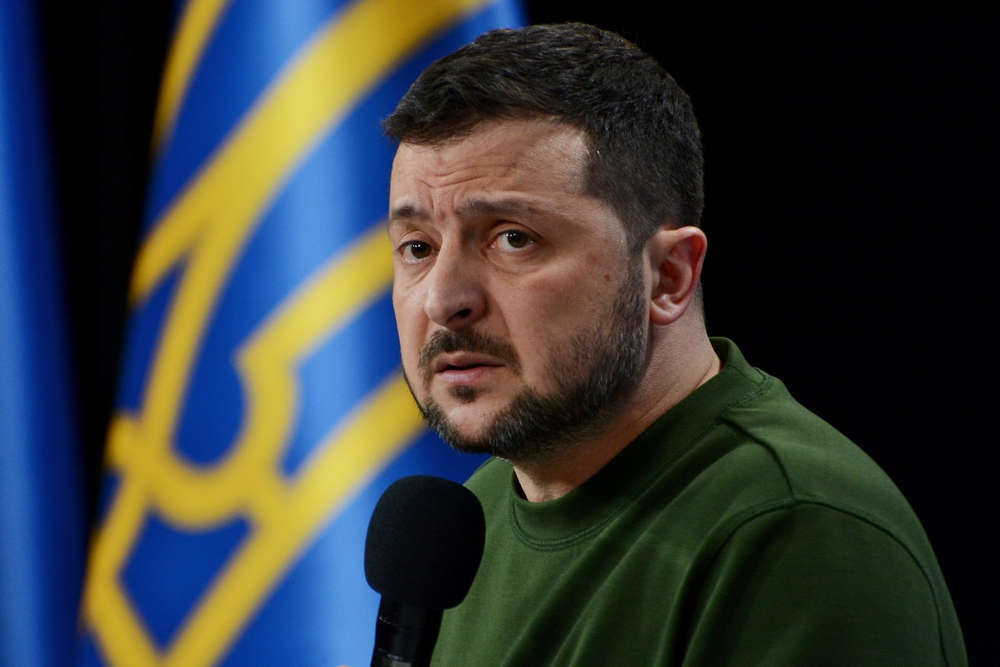Ukrainian President Volodymyr Zelensky has embarked on a diplomatic tour, first stopping in Germany to attend a meeting at Ramstein with the Ukraine Contact Group and German Chancellor Olaf Scholz. He then traveled to Cernobbio, Italy, where he is set to meet with Prime Minister Giorgia Meloni at the Ambrosetti Forum. Zelensky’s visit comes amid a surge in Russian aggression and aims to secure additional military support, including advanced air defense systems, and to persuade Italy to reconsider its stance on the use of provided weapons for strikes within Russia.
During his time in Ramstein, Zelensky criticized the Western policy of restricting Ukraine’s long-range attack capabilities, arguing that such restrictions are misguided. He emphasized that Ukraine needs these capabilities not only to target occupied Ukrainian territories but also to pressure Moscow into seeking peace. Zelensky stressed that the intent is not to target civilians but to hit military sites within a range of 100-300 kilometers to strengthen Ukraine’s position for potential negotiations.
In Cernobbio, Zelensky’s primary focus is to convince Italy to lift its restrictions on the use of Western-supplied weapons for strikes within Russia, a contentious issue given Italy’s and Hungary’s opposition to such measures. Despite this, the European Union’s High Representative, Josep Borrell, has supported the removal of restrictions. The ongoing division within Europe is exemplified by Hungarian Prime Minister Viktor Orban’s call for a Zelensky-Putin meeting, which Kyiv views with skepticism.
Meanwhile, Ukraine continues to receive significant international support. U.S. Defense Secretary Lloyd Austin announced a new $250 million aid package, while Germany will provide additional Panzer 2000 howitzers and the UK will send 650 more Martlet missiles. Other contributions include anti-aircraft batteries from Spain, new supplies from Canada, and an additional €40 million from the EU for winter preparation and infrastructure repair. NATO Secretary-General Jens Stoltenberg also reiterated the need for increased military support, emphasizing that the quickest path to ending the war is through bolstering Ukraine’s defenses.

